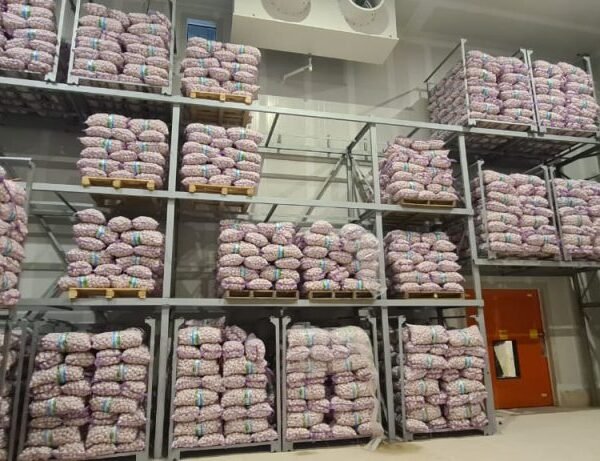MINING & PROCESSING OF MINERALS
Sindh is home to a diverse range of minerals, including gold, copper, iron, limestone, and salt.
The mining and mineral sector in Sindh has significant potential for growth and development.
Key Statistics
- Sindh province features a diverse landscape, including dry zones, tropical zones, deserts, and forests, among other things. Sindh is abundant in minerals, some of which are more precious than others.
- Different districts have different specialty to produce specific mineral such as Tharprkar, Jamshoro and Thatta are rich in coal reserves. Dadu produces Clay, Gravel, Lake Salt and Limestone.
- District Hyderabad is not rich in minerals production it produces only limestone and fuller’s earth in very less quantity. Other than coal, Jamshoro district’s main minerals are Limestone, Marble and Raiti / Bajri.
- District Khairpur produces Linestone in bulk quantity
while district Khairpur is the largest producer of Fuller’s earth in Sindh. - In Karachi, different minerals are produced from which limestone is produced in the highest quantity, while Karachi is the second largest producer of the Garvel in Sindh after district Thatta.
- Sukkur district has limited reserves of minerals, it produces Gravel, Limestone, and Ordinary sand.
- Sanghar produces only one mineral i.e., Lake Salt at Khipro taluka.
- Tharparkar district is famous for Coal extraction and Lake Salt.
- Thatta is only district in Sindh which has the maximum numbers of minerals production in Sindh. It produces Iron Ore, Clay, Coal. Gravel, Lake Salt, Laterite, Limestone, Marble, Mouram, Ordinary Sand and Rait / Bajri.
Opportunities
- Foreign Investment: Attracting foreign investment to modernize mining infrastructure and increase production.
- Value Addition: Opportunities for value addition through processing and refining minerals.
- Job Creation: Creating jobs and stimulating local economies through mining activities.
- Export Potential: Increasing exports of minerals and mineral products to global markets.
Investment Opportunities
- Gold and Copper Mining: Investing in gold and copper mining projects, including exploration and extraction.
- Iron Ore Mining: Investing in iron ore mining projects, including processing and refining.
- Limestone and Salt Mining: Investing in limestone and salt mining projects, including processing and export.
- Mining Equipment and Services: Providing mining equipment and services, including drilling, excavation, and transportation.
Pakistan’s cold storage network is expanding in urban and rural areas
- Unfortunately, 25% – 30% of total agri-produce of Pakistan is being wasted due to post harvest handling of the produce. Non-availability of appropriate transportation and cold store facilities adds to this problem and there is a dire need for quality cold store facilities in the country to preserve the quality of our agri-produce.
- All fruits and vegetables require specialized post-harvest treatment, appropriate temperature, and relative humidity for their storage.
- Because of technology advancements and logistic strategies, the cold storage of perishable items has become an important stage in the distribution between manufacturers / processors and retail locations.
- The cold storage will ensure the increased availability and improved quality of high value perishable fruits and vegetables for both export and local markets, which would otherwise perish or deteriorate.
Sources: Ministry of National Food Security and Research, Economic Survey of Pakistan, Pakistan Bureau of Statistics, State Bank of Pakistan
With the expansion of the agricultural sector and the increasing demand for perishable goods, the need for cold storage facilities has become more apparent. Many new facilities have been constructed, and existing ones have been upgraded with the latest technology to improve their efficiency and storage capacity. The government of Pakistan has also taken steps to promote investment in this sector, offering incentives and tax exemptions to attract investors. As a result, the country now has a more robust cold chain infrastructure, which has helped reduce post-harvest losses and increase the shelf life of perishable goods. However, there is still a need for further investment to fully capitalize on the potential of this sector and meet the growing demand for cold storage facilities in Pakistan.

Investment
Stories

Hamza Brothers Impex (Pvt.) Limited has establish Controlled Atmospheric Cold Storage facility at Superhighway, Karachi with a capacity of 1,100 tons per month. The main purpose of the project is to build an automated storage and ...

